Overview
The Safer End of Engineered Life (SEEL) programme wanted to identify passionate individuals and organisations who are working on urgent challenges relating to safety at end of engineered life and who have the capacity to affect wider change. They will champion safer end of engineered life principles and the programme will support them to improve their visibility and impact.
SEEL Champions will be part of an exciting global network of experts and will receive a tailored package of support including networking, communication and resources. We aim to surface evidence and raise awareness of safety at the end of engineered life and support our Champions to become leaders in their challenge areas.
Meet the SEEL Champions
Following a global call for applications, we are very pleased to have selected 14 Champions, representing 11 different countries. They come from an exciting mixture of industries, sectors, and disciplines tackling a range of challenges from decommissioning coal-fired power stations in South Africa, redesigning lithium batteries to improving safety for micro-entrepreneurs of the e-waste sector in India.
Osazoduwa Agboneni
Nenis Engineering Limited (Nenis Auto Care), Nigeria
Oduwa is a mechanical engineer and entrepreneur, founder of Nenis Auto Care - an automotive service centre offering multiple maintenance services in Lagos, Nigeria. Her latest milestone is maximising the value of the resources discarded from vehicles, improving the environment, supporting economic development, and spreading awareness of environmental issues in communities.
Challenge
Our land, air and water are polluted by tonnes of automotive waste generated daily in Nigeria. Over 80% of the cars on the road in Nigeria today have exceeded their useful life thus leading to toxicity. Workshops discharge automobile waste into our environment (soil) which adds harmful substances to the air, so that it is no longer safe, scrap metals are sent to dumps, tires are burnt, and all these are dangerous to humans and the environment.
These types of waste are a source of environmental pollution. Hence the need for adaptable innovations that protects the environment.
Approach
Our work plan is advocating for green technology automotive centres whereby pollution and hazards can be brought to the barest minimum and keep lives and communities safe. We are addressing it through automotive workers sensitization on health and safety issues (use of personal protective equipment, proper use of equipment, workplace standards and policy review, adoption and implementation where needed), increased automotive maintenance knowledge for automotive workers as well as vehicle users to embrace a preventative maintenance culture and the 3R’s (reduce, reuse and recycle) of waste management. This will lead to a safer end of engineered life (humans and vehicles in perspective).


Shafiul Azam Ahmed
Commitment Consultants, Bangladesh
Dr. Shafiul Azam Ahmed is an engineer with over 30 years of experience. He obtained his PhD degree from the University of Loughborough. He has designed many community-based projects in Water, Sanitation and Hygine (WASH). He is working presently on plastic recycling in Bangladesh. He has authored articles in professional journals. He lives in Toronto.
Challenge
Promoting better environmental, health, and social protection in the small-scale plastic recycling industry in Bangladesh. It provides livelihood to workers, stimulates local economic activity, and prevents plastic pollution. However, it is prone to serious issues such as:
Environmental - Control of noxious gases, water, and soil pollution.
Health - Workers are exposed to air pollution; final products such as toy letter blocks may be toxic and unsafe for children.
Social - Safety and hygiene of women workers, gender bias in salary, and child labor in waste-picking.
Approach
To review existing data and collect new data on the environmental, health, and social conditions of Small and Mid-size Enterprises (SMEs) engaged in plastic recycling including good practices. The review will cover government policy and rules, identify gaps and share with the Royal Academy of Engineering for ideas on solutions and standards. It will recommend a set of environmental, health, and social standards for plastic recyclers that are practical and readily implementable. I will disseminate these through a series of workshops with the SMEs in collaboration with business associations.
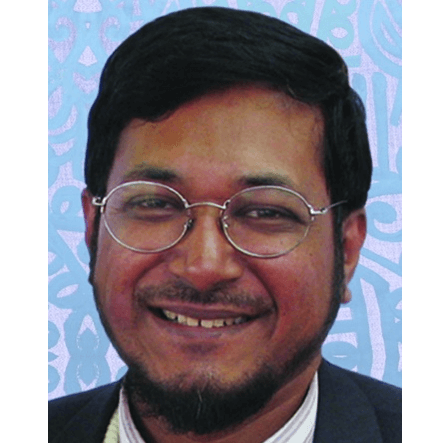
Professor Ana Basiri
University of Glasgow, Alan Turing Institute, UK
Ana Basiri is a Professor of Geospatial Data Science and a UKRI Future Leaders Fellow. She leads a team working on the challenges of biases and missingness in Artificial Inteligence (AI). Ana is the recipient of several awards and prizes, including Women Role Model in Science by Alexander Humboldt and European Commission.
Challenge
Digital Data, unlike most phenomena, do not have a finite lifetime, and technically speaking can be stored forever. Such digital ‘immortality’ introduces legal, environmental, security, and safety challenges. For example, data protection regulations, including GDPR, may not protect our personal data after our physical death. While our digital data can outlive ourselves, the tech companies get to decide how to deal with our data and accounts. Digital inheritance is not recognised in many countries, despite the rise of cryptocurrencies. Also, data storage and maintenance are energy-demanding, and not setting an end-of-lifetime for digital data can have environmental impacts.
Approach
I discuss with the public, tech companies, and policymakers about the issues associated with not having an end-of-lifetime for digital data set at the beginning, including the environmental and legal issues. I engage with public and policymakers to raise awareness about the need for digital inheritance legislations. I communicate the environmental aspects and the carbon footprint of our digital lifestyle with the public and “digital is not always greener”. I work with tech companies and developers to implement a transparent data retention plan and to include the digital death statements in the consent forms from for the users when sign-up.

Dr Amrit Chandan
Aceleron, UK, East Africa, India and Caribbean
Amrit is an entrepreneur interested in projects which addresses the global climate, resource and poverty challenges. Amrit holds a PhD in Fuel Cell Technology and in 2016, Amrit co-founded Aceleron, which is designing advanced lithium batteries for the circular economy and has raised over £10m in funding for this venture.
Challenge
The world is waking up to the need to adopt circular economy principles as climate change becomes more of an issue. Legislation around the world is driving rapid change to support technology and change behaviour. Batteries are critical part of the solution, however, they bring significant challenges in raw material supply, duration of viable service and safer end-of-life treatment. Lithium batteries are not designed to be maintained or decommissioned safely, causing unnecessary cost and waste.
Aceleron are solving some of these critical challenges by creating compression technology which enables batteries to be built and rebuilt cost effectively and safely.
Approach
We have redesigned the way a battery could be assembled using a compression approach, which is easy to maintain safely. End-of-life is a critical consideration in product design. Most importantly, we have designed the battery to use low-tech equipment to disassemble/reassemble. We have proven the robustness of this approach by setting up a repurposing operation in Kenya. We strip battery packs which have lived a first life in the off-grid solar sector, test the components and build repurposed battery packs for use in the local market using unskilled local labour.
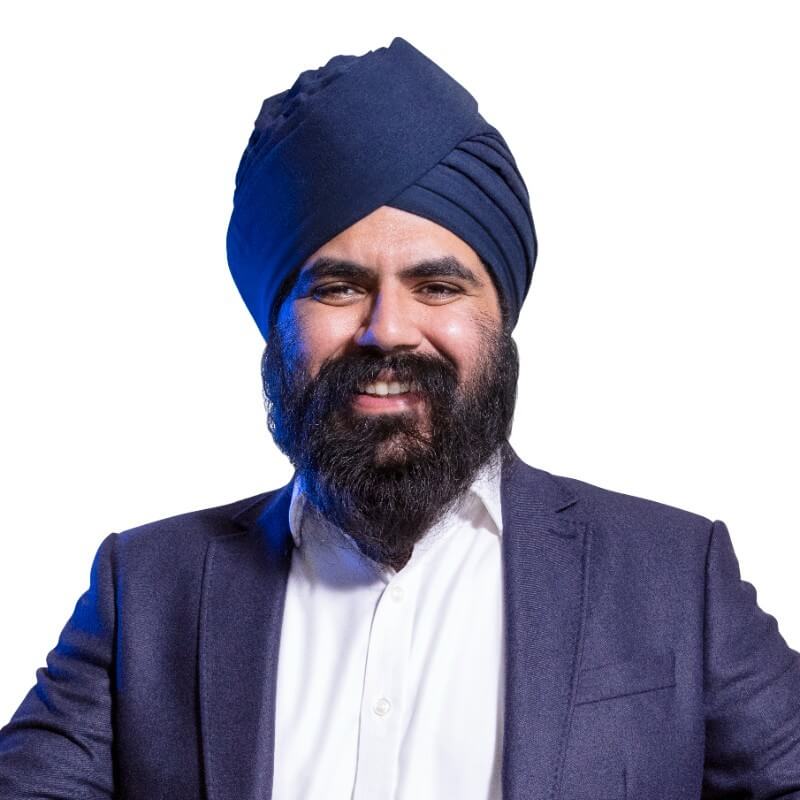
Dr Alec Gunner
TWI Ltd, UK
Alec has 25 years’ experience in management and delivery of technology development programmes, working across industry from blue chip to venture-capital funded start-ups. Fields include materials and joining processes, translating process development into practice. Latterly, Alec has focused on emerging technology, engaging with battery development and the hydrogen economy.
Challenge
Design lives of engineering structures are often calculated via conservative, deterministic methods. On first installation (start of life) the design calculations are typically supported by effective characterisation of the conformity of the product to the original design intent. As structures then degrade in service, condition typically becomes less certain and focussed on known/accessible degradation, particularly for large and complex structures. At a point in the life of the structure there is a step change beyond the original design life (typically occurring when the original safety margin is exceeded), requiring a shift in asset integrity management to a semi-empirical probabilistic approach.
Approach
TWI has been an authority on structural integrity since 1946, regularly undertaking life extension programmes, end of life studies and failure investigations, recently extending to probabilistic integrity methods. Welds are the weak point of many structures and TWI’s expertise in this field makes it ideally placed to engage across the international community. Conflicting standards hold back the adoption of best practice in probabilistic integrity. TWI is seeking to bring together the international community in an independent and non-threatening forum. TWI’s vision is a coordinated international approach to probabilistic standards for quantifying structural integrity of infrastructure at end of life.
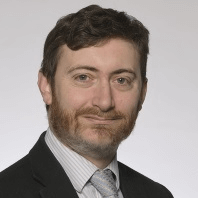
Joseph Hwang
PT Gikoko Kogyo, Indonesia
Joseph specializes in converting discarded solid waste, animal, agricultural and forestry by products and waste into renewable fuel and power for cost recovery to produce annuities. PT Gikoko Kogyo built and operated a landfill gas flaring facility and had access to carbon finance from the World Bank. They develop sustainable development projects.
Challenge
Government subsidies on fossil fuel and electricity tariffs, makes renewable energy and fuel from waste projects that can render safe disposal of solid waste, uncompetitive.
Governments and residents are unwilling to pay for proper management of solid waste. Scavengers and waste haulers cherry pick on recyclable PET and HDPE plastic and leave the remaining discarded plastics, packaging and food waste for landfilling or end up on waterways into the rivers and then the ocean as marine waste.
There are high barriers in the way for any private sector companies with fiduciary duty to shareholders to invest in any waste management projects.
Approach
The managers of traditional equity funds and lending institutions are all bound by fiduciary duties to ensure debt recovery and safeguarding their investments. Project developing entrepreneurs are unwilling to use their balance sheet to access funding.
Waste management projects are more of annuity type projects and venture funds who seek multiples in returns instead of a teen percentages will not invest.
We need to identify grant dispensing organizations and real Environmental, Sustainable and Governance (ESG) funds with patience to wait for longer period than 8 years to see return on investment so that projects can be built to demonstrate the technical capability and operational reliability.

Mufaro Kanganga
Gwanda State University, Zimbabwe
Mufaro Kanganga is an industrial engineer occupied as a lecturer in Zimbabwe. She is currently enrolled for a PhD at the University of Pretoria researching optimizing laser shock peening process for additively manufactured components in the transport sector. She is interested in advanced technologies and sustainable manufacturing systems and design.
Challenge
The concept of sustainability and a circular economy is crucial in the recovery of mining equipment that has reached end of life. Mineral extraction has become a lucrative business in Zimbabwe, increasing mining operations. However, component recovery at end of life remains an undeveloped area. The impact is land pollution through creation of landfills or dumping sites as the material used to manufacture the equipment is not degradable. Circular economy allows material reintroduction into the supply chain, reducing raw material extraction. Therefore, there is need for a sustainable land and mineral resource management and a circular economy. Sustainable demanufacturing and 4Rs become crucial for end of life care of mining equipment.
Approach
I will design for a sustainable demanufacturing and 4R method of handling equipment that has reached its' end of life in a mining environment and the identification of various supply chains vital to this component recovery. Using surrounding small scale mines, the end of life recovery processes, namely recycling, reuse, refurbishment and remanufacturing will be explored and incorporated into the framework. Another important area in this study is to ensure efficient maximum metal or material recovery rate through a guide on effective demanufacturing. Mathematical models will be used to determine the cost related to the re- and de-manufacturing processes and the subsequent profits.
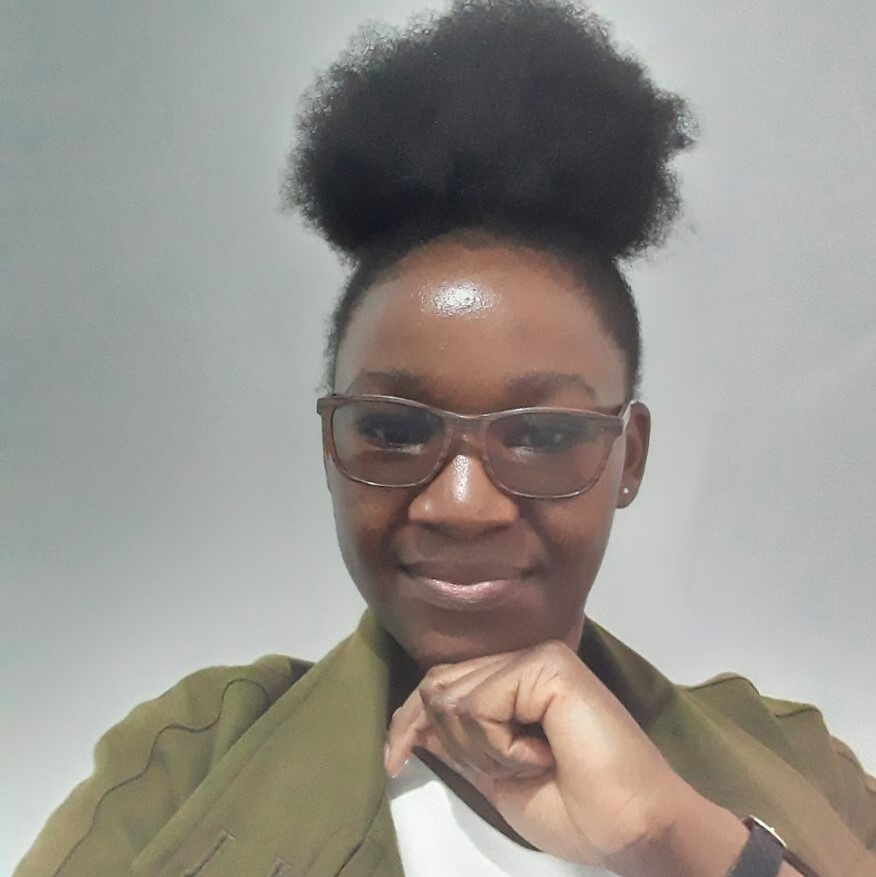
Amod Karmacharya
Clean up Nepal, Nepal
Amod Karmacharya is the Executive Director of a non-profit organization based in Nepal. He is convinced that change comes from within the community with a contextual and local's perspective to solve social issues. On the same spectrum, he is committed to a lifelong pursuit for a sustainable future.
Challenge
One of the reasons for air pollution in Nepal is due to a lack of a proper waste management system. Waste burning can be observed throughout the cities in Kathmandu, Lalitpur, and Bhaktapur. Kathmandu is ranked as the top polluted city in the world. This alarming issue is a gradual build-up of not prioritising environmental issues by the government authority. It has manifested into Kathmandu ranking as the top polluted city in the world. One of the major sources of air pollution is open burning where exposure to air pollution causes 3400 deaths annually in Kathmandu valley.
Approach
Waste burning is a systemic issue. It can be mitigated through a series of interventions that may relate from policy level to providing awareness. I plan to address the open waste burning through:
- Capacity enhancement of the local stakeholders
- Increase engagement through awareness program.
These two outcomes entail activities such as the formation of a municipal-level management group and ward-level orientation on the health impact of air pollution leading to an action plan to decrease air pollution. We will engage with the public, increase awareness and provide a complaint mechanisms to the public. Lastly, we will create contextual IEC materials for the campaign.
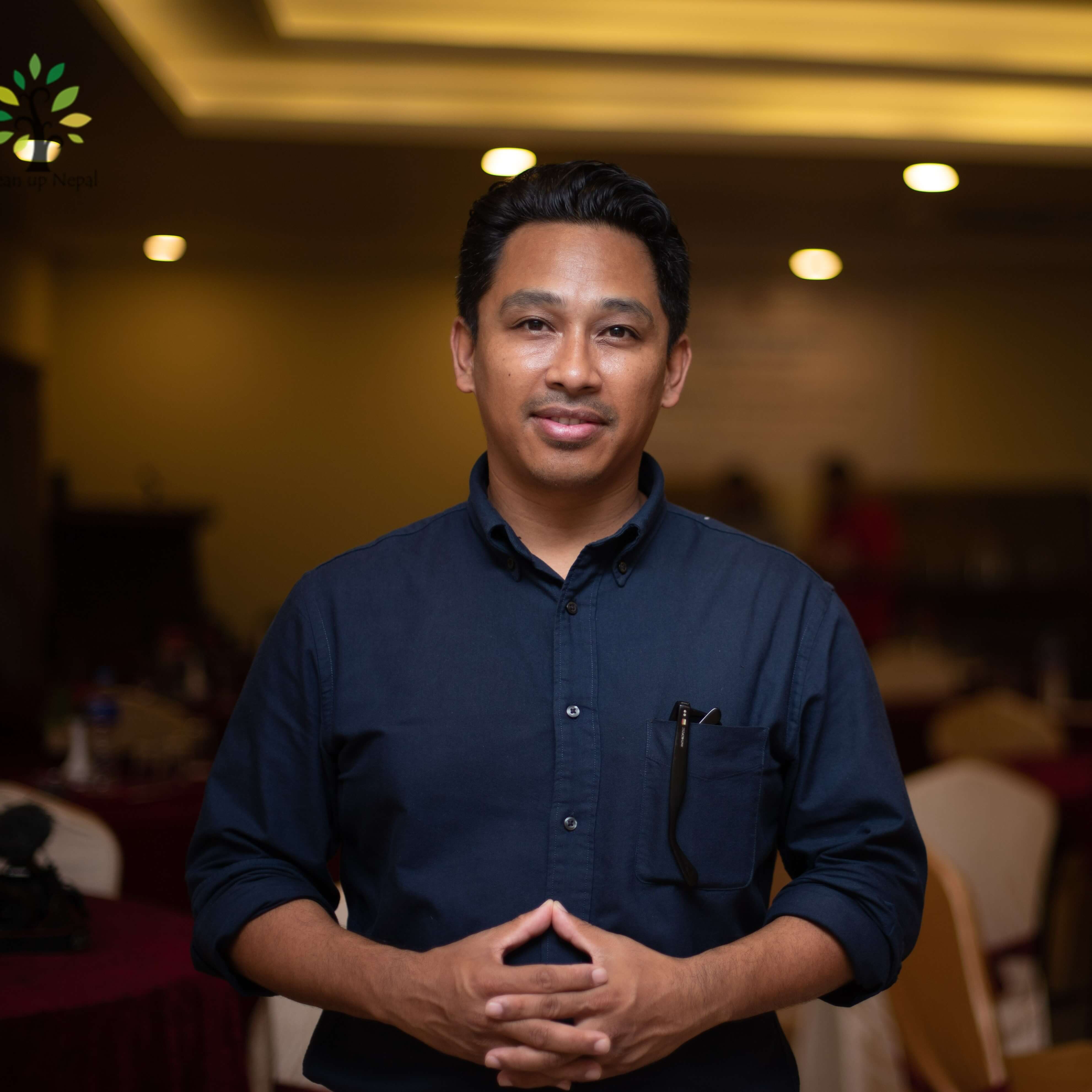
Delila Khaled
ImpaXus, Global
Delila Khaled is an international development expert and social impact entrepreneur with 25 years of experience in more than 20 countries. She specializes in inclusive finance; recycling and waste management; and women's economic empowerment. Delila serves on ISWA’s Women of Waste Task Force and is a Foundry Fellow at MIT.
Challenge
As rapid urbanization and climate change force the mounting waste crisis onto development agendas, increasing attention is being paid to recycling and waste management. However, the limited awareness, expertise, and data that exist around the role of women in this traditionally male-dominated sector impede effective programming and investments. In developing countries, women entrepreneurs and informal waste workers fill a critical service delivery gap in dysfunctional municipal waste management systems. As the primary sorters of recyclables in the world’s top polluting countries, they are our last line of defense against the 80Mn metric tons of plastic waste entering the oceans yearly.
Approach
With support from Engineering X, I will accelerate the economic empowerment and positive environmental impact of women entrepreneurs, professionals, and informal workers in the waste management sector by:
- Developing practical tools and resources – a ‘women, waste and recycling toolkit’ outlining gender-sensitive strategies for SEEL and/or a guidebook drawing on case studies and highlighting best practices and innovations worldwide.
- Generating and disseminating knowledge to key stakeholders – through research, articles, webinars, workshops, and/or networking events.
- Raising awareness of the challenge and promoting solutions that advance women’s empowerment and leadership at all levels of the sector through social media and conferences.
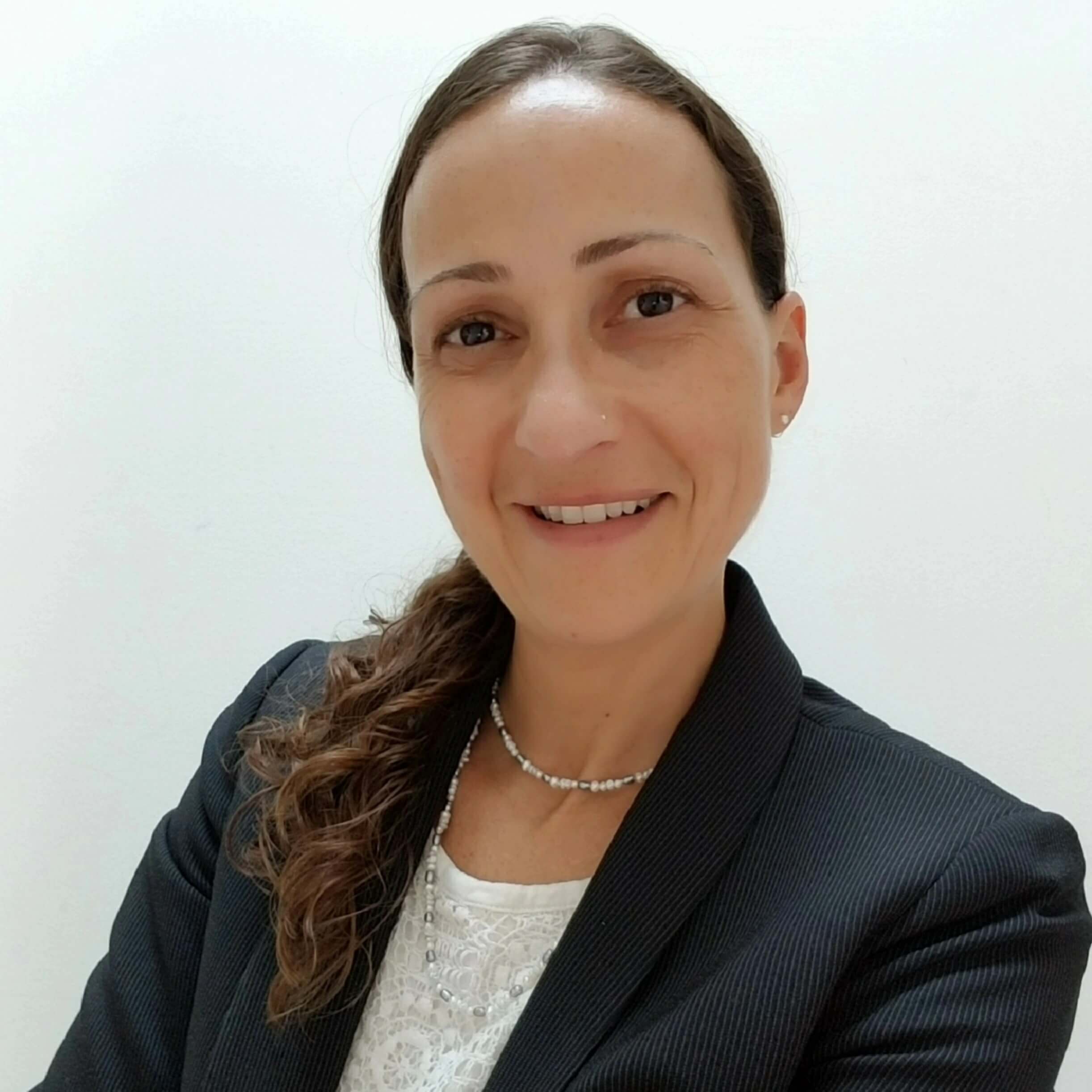
Dr Deepali Sinha Khetriwal, Mike Gasser and Dea Wehril
E[co]work, India
Deepali, Dea and Mike collectively bring over 35 years of experience in e-waste. Deepali has been instrumental in setting up capacity development activities, policy development, pilots and partnerships. Michael's speciality is adapting technical processes in low-cost environments. Dea is a social entrepreneur, having previously co-founded a zero-waste retail store.
Challenge
India generates nearly 2 million tons of e-waste annually, of which more than 90% is processed in the informal sector. Though this work provides jobs for many, the often hazardous work practices have proven to be harmful not only to the health of the dismantlers but also to the neighborhoods. The pressure on the sector to formalize is growing, however the restrictive rules, costly and difficult authorization procedures are forcing them to stay informal and continue unsound recycling practices. Many small businesses are pushed to the edge of survival, posing a threat for many families relying on this income.
Approach
E[co]work is based on the model of co-working spaces: it provides a shared, legal and safe work infrastructure of a pay per use service for micro-entrepreneurs in the e-waste sector. It is a replicable solution to integrate micro-entrepreneurs into the formal value chain, enable the continuation of their businesses and bring security to their and their families' livelihoods. It further helps to divert hazardous waste treatment away from peoples' backyards and not only avoids adverse impacts of emissions to air, water and soil, but also facilitates a circular economy by better integration of material into the product value chain.

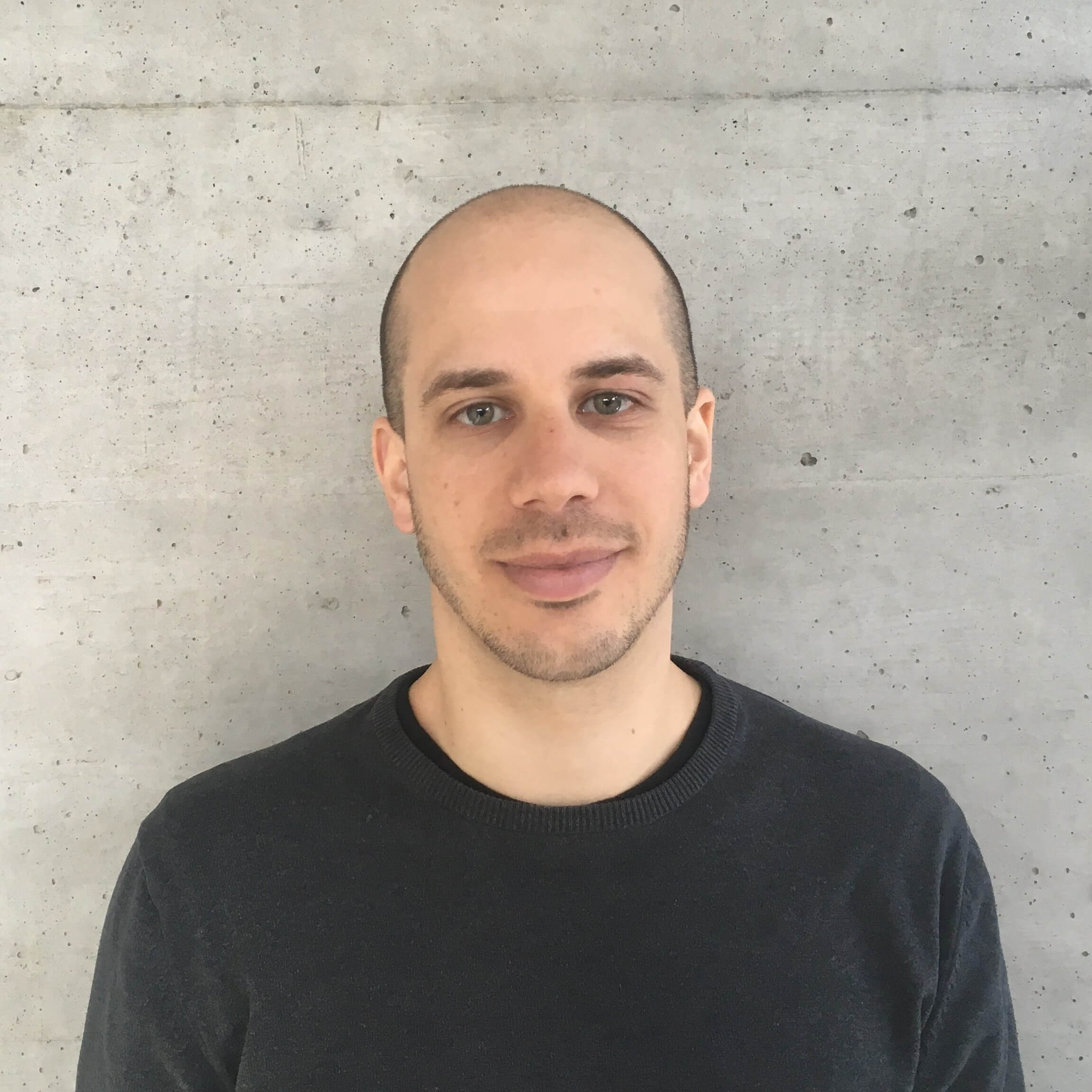
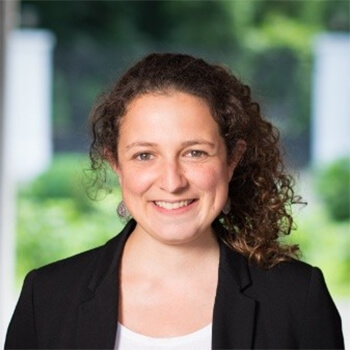
Kannika Khwamsawat, Dr Poonsak Chanchampee and Dr Siriporn Borrirukwisitsak
Center of Excellence on Hazardous Substance Management, Thailand
Ms. Kannika Khwamsawat is a researcher at Centre of Excellence on Hazardous Substance Management, Chulalongkorn University, Thailand. Her recent work has been focusing on finding gaps in Waste Electrical and Electronic Equipment (WEEE) management by using Material Flow Analysis, engaging stakeholders, and encouraging safety in workplace and environment to transform to sustainable WEEE management.
Challenge
The challenge that we are working on is to change paradigm of the management system of WEEE or e-waste because it is mostly processed in the informal sector where workers lack safety awareness, resulting in risks to their health, public and environments. Therefore, it is vital to develop WEEE management system that is transparent, traceable, and intergrates the informal sectors into the system. The Digital WEEE Manifest (DWM) based on EPR using Material Flow Analysis (MFA) has been proposed as an effective WEEE management system. DWM is transparency and traceability system, ensuring shared benefits in the value chain equally.
Approach
The purpose of this challenge is to establish Extended Producer Responsibility or EPR system with transparency and traceability in order to achieve proper and safety WEEE management. The transparent and traceable system will be leading to a fair distribution of benefits in the value chain. Equally important is to raise awareness of all the stakeholders in the value chain.

Dr Opeyeolu Timothy Laseinde
University of Johannesburg/McTodd Pty, South Africa
O.T. Laseinde (PhD) is an academic at the University of Johannesburg. He has an engineering background and experience in the industry, academia,and the development sector. Timothy has made a significant impact on education-related initiatives. He has past and ongoing awards funded by the British Council, the Royal Academy of Engineering, South-African National Research Foundation, and the Department of Higher Education and Training (DHET).
Challenge
Disposing of wastes generated by energy producers requires responsible actions. Also, sustainability must be considered in power generating systems design to achieve net-zero emissions. Some coal power generating stations are experiencing repeated ash dam trench leakages that lead to soil and underground water aquifer pollution due to their design. The slurry disposal from ash dams poses a significant environmental threat because they are dumped in landfills and not recycled. Also, most coal power stations are close to their end of life and were not designed for remanufacturing or repurposing.
Approach
The challenge is being addressed by promoting research and encouraging investment in recycling of existing ash dam slurry. This requires advocacy with focus on policy, and community participation at the grassroots.

Dr Letícia Sarmento dos Muchangos
Osaka University, Japan
Dr Letícia Sarmento dos Muchangos is an environmental engineer and sustainability researcher, enthusiastic about resources cycling, waste management, and the race towards establishing a circular economy society from the Global South perspective. At the forefront of her focus is understanding and proposing solutions to address uncontrolled burning and dumping of waste to reduce the risks to human health and environmental impacts the landfill gas generation.

Challenge
The plan is to eliminate/ reduce human health and environmental risks from uncontrolled burning and dumping of waste. More than 80% of waste is disposed of through open dumping combined with open burning in low-income countries, which is an unsound waste disposal practice. As opposed to a sanitary landfill, in open dumpsites, the solid (degraded waste), liquid (leachate), and gas (landfill gas) are directly released to the environment. The pollution from those releases also gravely impacts the critical stakeholders, i.e., waste workers, nearby dwellers, and the general urban population. While phasing out is a top priority, the reality for many countries is that those practices will prevail for the foreseeable future. More so, upon dumpsite closure activities and after, most health, safety, and environmental issues will prevail, thus the urgency in effectively understanding and measuring the phenomena for risk reduction and management.
Approach
My approach focuses on the risk assessment of landfill gas from the open dumping and burning of municipal solid waste in low-income contexts. Specifically, the application of a 'Source-Pathway-Receptor' model for landfill gas generated at dumpsites to propose mitigation strategies, by: mapping and characterising the target dumpsite; estimating and measuring the landfill gas generation and emissions; clarifying the risk exposure pathways and potential receptors, centring the most vulnerable groups; and, estimating the associated human health, environmental and socio-economic risks.
Dr Dilipkumar A. Patel
Sardar Vallabhbhai National Institute of Technology, Surat, Gujarat, India
Dilip A Patel holds the highest degrees in LLB and PhD and has 17 years’ professional experience. Now he is an Associate Professor in Department of Civil Engineering. He has founded and now leads the post-graduate programme of Construction Technology and Management. He is a certified Safety Auditor.
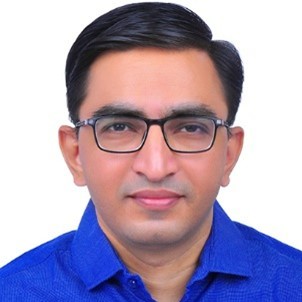
Challenge
Around 22,000 fatal accidents occur yearly in the Indian construction sector. Demolition is the most hazardous task due to lack of following the systematic and standard practice for demolition of the structures in India. I am working on two problems:
- Demolition management at the project site
- Construction demolition waste management at the city level
Both problems are interrelated. This study aims to prevent accidents and improve the process (demolition, sorting of wastes), practice (waste management), and product (manufactured from wastes) by applying the 3R (Reduce- Recover-Reuse) principles and to build more sustainable environment.
Approach
This study explores the gap between standard and existing practices for demolition and its waste management. Literature review, visiting project sites, developing case studies, interaction with experts and policy makers, organizing workshops, trainings, seminars, conferences, applications of digital technology and so on will be used to enhance the knowledge and to determine the barriers against implementation of the accepted and safe practice of demolition and waste management. This project brings all stakeholders to the online platform and to keep on exchanging their knowledge and experiences. Capability, skill and capacity of targeted groups will be enhanced by educating and training them.
